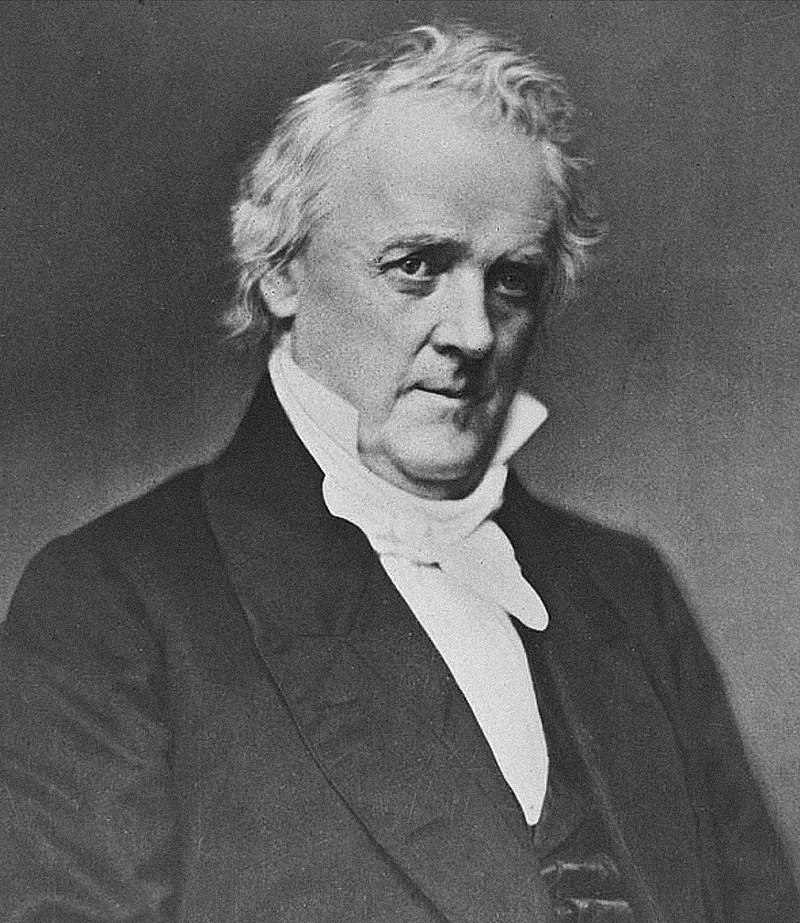James Buchanan


James Buchanan Jr. (April 23, 1791 – June 1, 1868) was an American lawyer and politician who served as the 15th president of the United States (1857–1861). He previously served as Secretary of State (1845–1849) and represented Pennsylvania in both houses of the U.S. Congress. He was a states' rights advocate, and minimized the role of the federal government in the nation's closing era of slavery. He is therefore consistently ranked by historians as one of the least effective presidents in history, for his failure to mitigate the national disunity that led to the American Civil War.
Buchanan was a prominent lawyer in Pennsylvania and won his first election to the state’s House of Representatives as a Federalist. In 1820, he was elected to the U.S. House of Representatives and retained that post for 11 years, aligning with Andrew Jackson's Democratic Party. He served as Jackson's Minister to Russia (1832). He won election in 1834 as a U.S. senator from Pennsylvania and also held that position for 11 years. In 1845 he was appointed to serve as President James K. Polk's Secretary of State, and in 1853 he was named as President Franklin Pierce's Minister to the United Kingdom.
Beginning in 1844 Buchanan became a regular contender for the Democratic party's presidential nomination. He was finally nominated in 1856, defeating incumbent Franklin Pierce and Senator Stephen A. Douglas at the Democratic National Convention. Buchanan and running mate John C. Breckinridge of Kentucky defeated Republican John C. Frémont and Know-Nothing former president Millard Fillmore to win the 1856 presidential election.
Buchanan supported the decision of the Supreme Court in the Dred Scott case, which denied a slave's petition for freedom. He also joined with Southern leaders in attempting to admit Kansas to the Union as a slave state. He thereby angered not only the Republicans but also many Northern Democrats. Buchanan honored his pledge to serve only one term, and supported Breckinridge's unsuccessful candidacy in the 1860 presidential election, which was won by Republican Abraham Lincoln. Just weeks after Lincoln was elected as Buchanan's successor, Southern states began seceding from the U.S., and the American Civil War started. Historians fault Buchanan for not addressing the issue of slavery, and for not forestalling the secession.













































0 comments
Sign in or create a free account